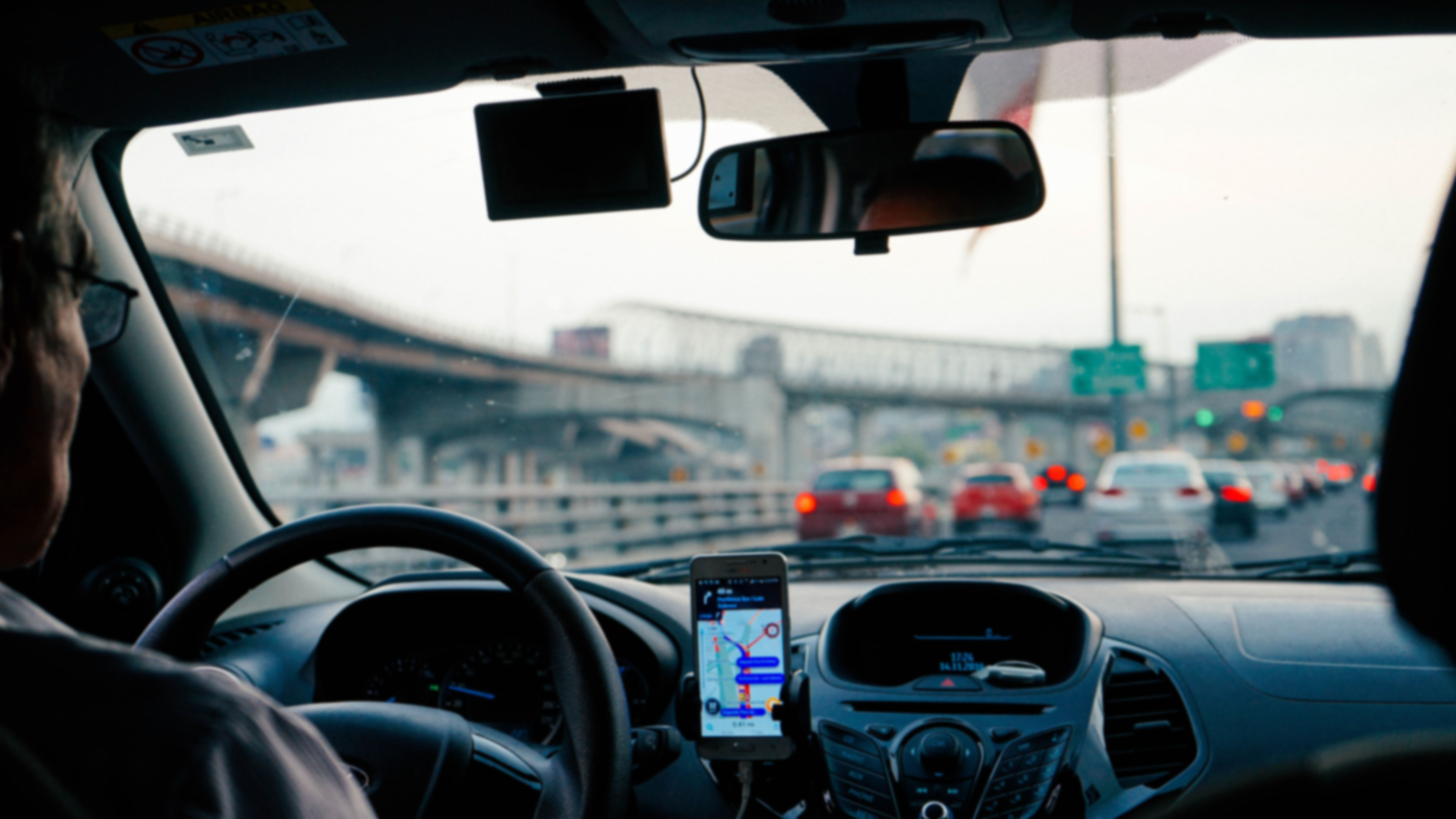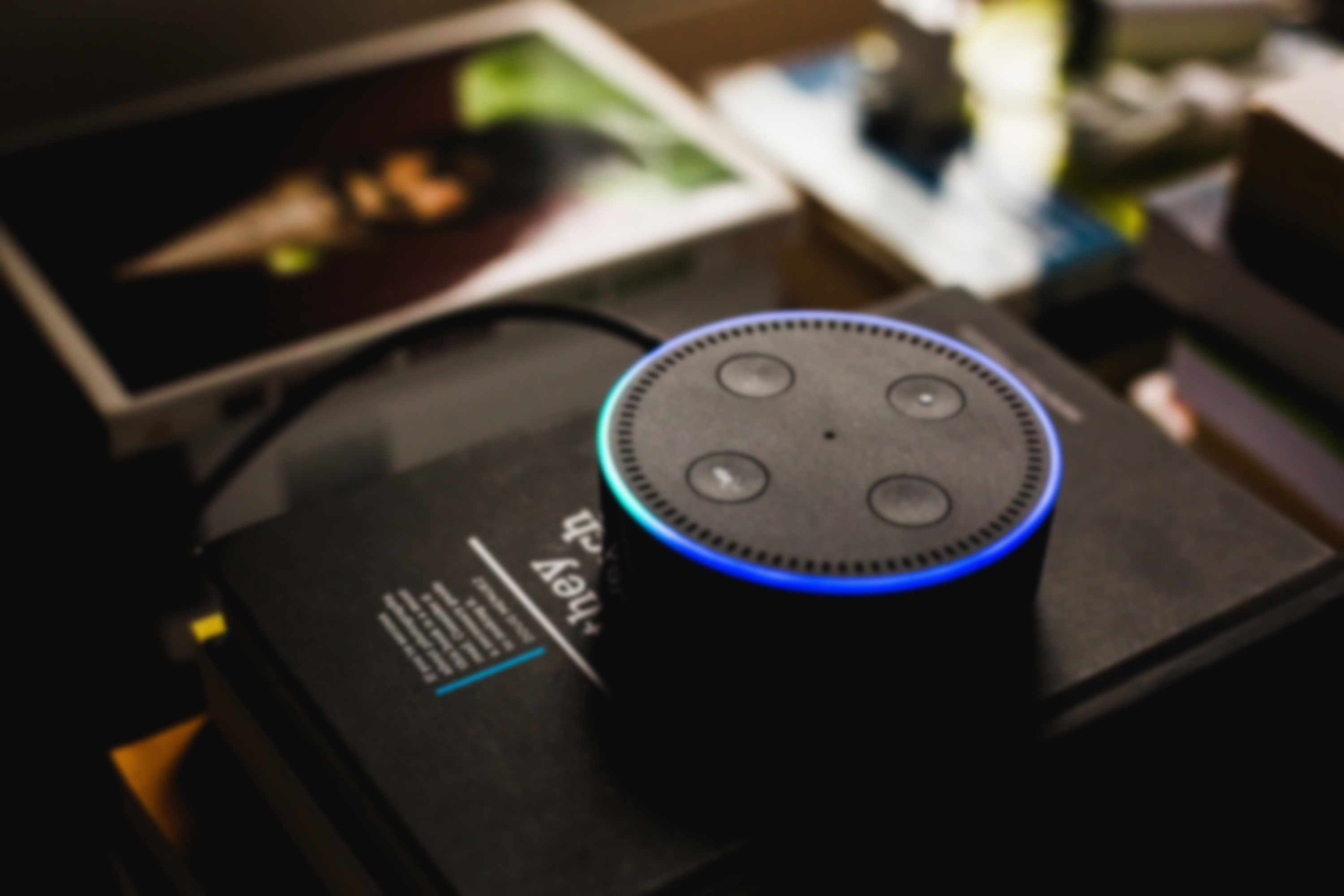
Business Megatrends 2018
Businesses devour novelty and creativity for breakfast! They survive on innovation. So what are the hot trends in 2018? Here are a few to keep your eye on…


Banking as we know it is changing - fast. Traditional high street banks are closing branches thanks to a drop in use; challenger banks are going on-demand and fully online (and gaining great customer service ratings in the process). Older yet trusted services like cheque books feel like they're from the dark ages. Some businesses have even started refusing cash. But it’s also leading to a digital financial divide, especially among older consumers; and there are doubts about the viability and strength of some new players.


Blockchain is at the heart of the new cryptocurrency craze (currencies like Bitcoin), but it has applications across business. Blockchain is an algorithmic way of recording an online ledger which makes it practically impossible to falsify records. As each step is recorded and verified, it’s ideal for recording e.g. food from farm to fork; or estate agency transactions. It’s multi-user and also distributed – so intermediaries (e.g. banks, auction houses, regulators) aren’t necessary to authorise transactions. However, without intermediaries, who do you complain to when things go wrong? That’s why some of the biggest and most stable businesses are investing in their own private Blockchain offerings.


Where digital applications used to be hosted on companies’ own expensive servers, cloud explodes that model. With cloud, you only pay for what you need, with no fixed IT costs or maintenance overhead. Applications are integrated, so enterprise technology can be as configurable as the apps on your mobile. Cloud is fast, reliable, secure and scalable, and it’s powering new businesses and business models, and enabling more people to develop exciting services at scale. Today’s cloud hosting can be from a company at their facility (public cloud), in your own business (private cloud), or a bit of both (hybrid cloud).


Online security has never been more challenging – or important. We are more connected than ever, with more personal information held online. Yet the threat landscape evolves constantly – for example, the trend towards ‘ransomware’ by which your information is held hostage (the NHS was the victim of a major ransomware attack in 2017). Keep your system software up to date with a firewall and antivirus, only buy and install software from trusted sources (including from within mobile app stores), and if possible use ‘two factor authentication’ which connects logins across multiple devices.


Data is the fuel for computers - it's every bit and byte, so data in itself isn't a new phenomenon. However, the ways in which we use and consume data are. Think about how you search, or how your phone tracks your movement, or the use of Twitter. All of these tiny transactions and records add up to the phenomenon known as big data. As more devices and services ingest and output data, there's more of it to manage, to protect, and to use. How can data affect your decision-making? Your strategy? The positioning of your products? How are your competitors using data to their advantage?


How do you sell goods to consumers without keeping them in a warehouse? Simple: you dropship – and it’s popular because it makes it possible for anyone to start an e-commerce business. By dropshipping, a retailer takes an order, passes it directly to the manufacturer, and has the product shipped directly to the customer. A classic example of this model is a UK eBay store which dropships electronics products made in China. Successful dropshippers are effectively great marketers. On the plus side, it’s a great way to start a business; on the downside, dealing with complexities like returns can be challenging – and it’s sometimes given dropshipping shops a bad reputation.


Why is a Baltic country in this list? Well, Estonia is probably the most advanced country globally in terms of e-business. The country offers "e-residency" to anyone around the world, allowing them to open an Estonian bank account and use government services. They would join the 98% of Estonians with a digital ID card – which streamlines access to all government services. The scheme also permits a company to be set up in Estonia, which many businesses in the UK are considering in order to continue to trade in the EU after Brexit.


Yes, we know that all of those emails asking you to confirm your privacy settings were tiring. But, this is important. You probably have a company website - or are thinking of creating one. Do you know how to treat the data of your prospects and customers? What legal recourse do they have in terms of how you keep their information? It's not exciting, but checking it out now could prevent your business from legal action in the future.


If you have ever taken an Uber or almost been run down by a Deliveroo cyclist, these "employees" are part of what has become known as the gig economy. They are not employed directly by those businesses, but have a relationship akin to contractors (couriers operate in a similar way). Some see this model as offering freedom and flexibility with the ability to work hours of choice, where others consider it as an infringement of rights to e.g. pensions and holidays, with little pay and reward. The issue won’t go away anytime soon: the big technology players have deep pockets with which to debate the issue, yet businesses have found the law to be sufficiently grey that they can’t be sure they are treating their workers correctly.


American research organisation Pew defines Millennials as being between the ages of 22 and 37 in 2018. Younger than them, and just joining the labour market are Generation Z. These generations have more diverse tastes and preferences and live their lives online, shunning "old" media. They also represent the future of business. Not afraid to launch startups, not afraid to experiment and certainly not afraid to put in the hours to become successful, these generations are busy building the global companies of the next few decades. But while Millennials are apparently all about style (J Walter Thompson found the Millennial icon to be Beyonce), Gen-Z focus on the substance (their icon is Malala Yousufzai).


Finally, voice-activated devices. The Apple HomePod, Google Home and Amazon Echo dominate this market, and they're not going away. Media analysts IDC expect the market to grow by by 30% every year until 2022. It's critical for brands to understand how to respond to this new type of interface - if you're a consumer-facing company, can you provide a "skill" for these devices to buy your product from a voice command?
Are you a business or private individual exchanging currency on a regular basis?
Join our free ’Member Exchange’ platform in minutes to save an average of 95% on your currency exchange costs.
Continue reading
Louisa Heinrich is the founder of “Superhuman” and one of Europe's foremost futurists. She works with businesses and governments to become more human-centred, using digital technology to improve lives, make a positive contribution to society, and achieve commercial results. She provides advice both in thinking about the future, and properly preparing for it. Here are her pointers for how our business lives are going to change (or indeed stay the same) in the coming decade.

Freemarket is a unique ’Member Exchange’ currency platform that’s turning conventional currency exchange on its head. If you’re a business or private individual, exchange currency by exchanging your funds with other members, for a fixed fee of 0.2%.
FreemarketFX Limited is authorised by the Financial Conduct Authority (FCA) – Firm No.585093
30 Great Guildford Street
London, SE1 0HS



